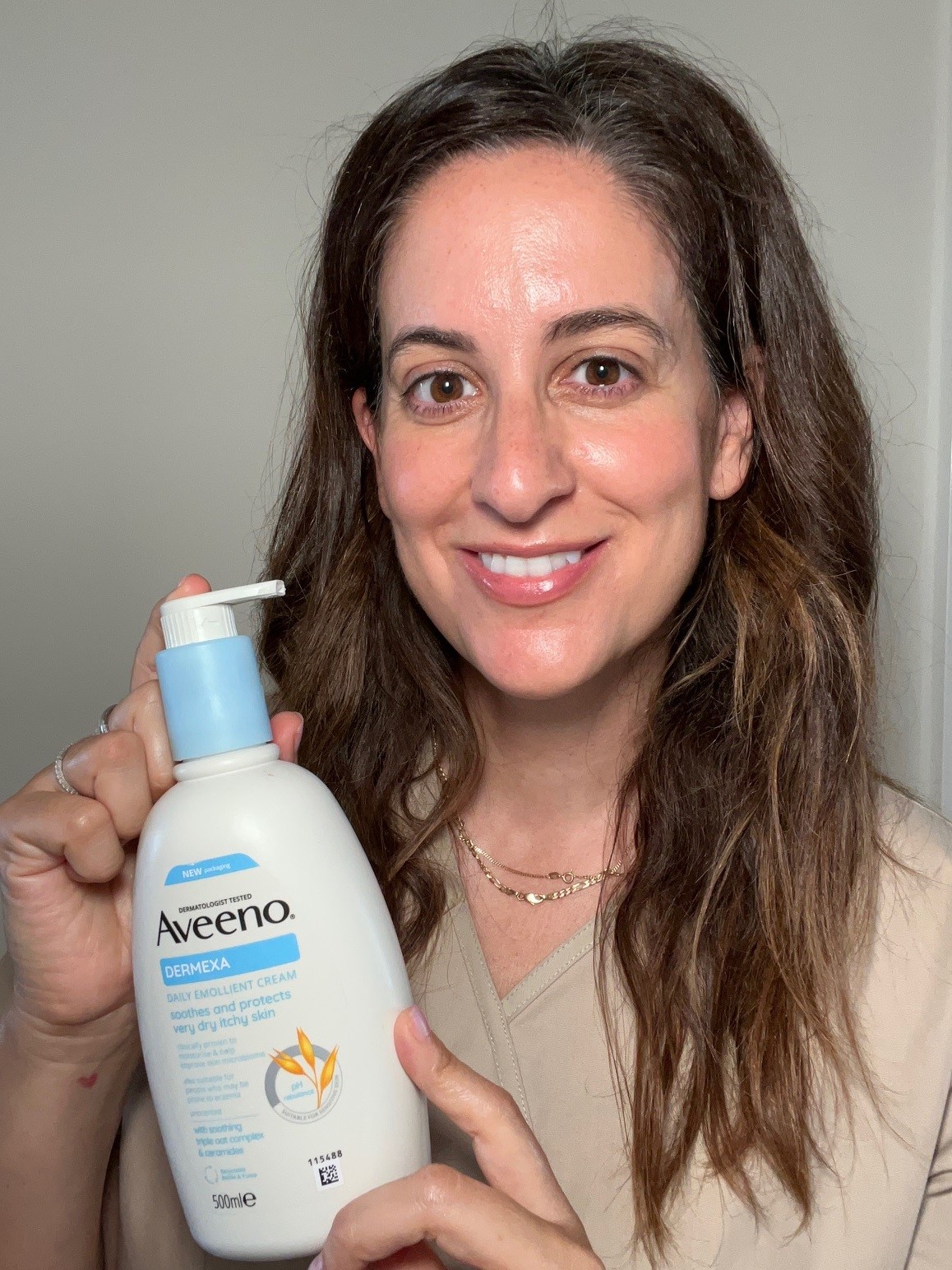
Quick links
What is the skin barrier?
As a dermatologist my main job is to help patients look after their skin, and this starts with the skin barrier. Our skin is an incredible organ that plays a vital role in protecting our body from external threats. The skin barrier leads this defence, shielding us from the environment and protecting us from moisture loss and infections.
We use the term ‘skin barrier’ to describe the function of our skin that prevents harmful substances, such as allergens, microbes, and pollutants, from entering into the deeper layers of the skin and the bloodstream.
The key components of the skin barrier are the epidermis, the topmost layer of the skin. The epidermis is made up of specialised skin cells that are surrounded by lipids (ceramides, cholesterol and fatty acids). You may have heard the brick and mortar analogy before.The skin cells are the bricks and the lipid matrix forms the mortar. Together they form the ‘wall’ that protects us from the external environment and lock in moisture and hydration.
What can damage the skin barrier?

Weather extremes
Very hot, cold, humid or windy conditions can damage our skin

Excessive cleansing & unsuitable products: these can be overly stripping, leaving our skin tight and dry.

Chemical irritants: chemicals, smoke, pollution all play a part in negatively affecting our skin.

UV exposure
Just think of what happens with a blistering sunburn! Too much sun can damage our skin and use up our natural anti-oxidant defences.
Certain skin conditions can compromise our skin barrier, such as eczema or psoriasis. There are a number of factors that contribute to this, such as genetics, environmental factors and an overactive immune response causing inflammation. In atopic eczema for example, we know that mutations in the filaggrin gene lead to an impaired skin barrier. The impaired skin barrier in eczema is a vicious cycle whereby the damaged barrier allows allergens and irritants to enter the skin, which then trigger an exaggerated immune response. This response further damages the barrier and the cycle continues causing chronic disease.
How can you tell if a skin barrier is damaged?

A damaged skin barrier can lead to dry skin. This is because the hydration and moisture escapes through the cracks of a damaged barrier, or

A damaged skin barrier can be painful and sting. It is a sign that the defences are not robust and it is tender and sensitive.

A damaged skin barrier is more susceptible to infections.
Tips you can share with your customers:
- Use gentle, fragrance-free products - Use a moisturiser regularly, at least once per day
- Avoid unsuitable soaps, irritants and detergents. - Wear sunscreen SPF30 and above, and protect from excessive UV exposure
- Take care in weather extremes, for example by wearing scarves, gloves and hats in the cold, or gentle cool breathable fabrics in hot weather.
- Get enough sleep and eat a healthy diet.
- Manage stress levels and mental health; these can be a big trigger for skin conditions.
- Finally, for anyone struggling with severe conditions they may need to be redirected to a doctor.
|
|
Author Biography:
Dr Cristina Psomadakis, is a dermatologist for the NHS. She completed her registrar training at the prestigious St Johns Institute of Dermatology, Guys & St Thomas, London. She the dermatologist behind @dr.somaskin an educational Instagram & TikTok account. She has a passion for medical education and skin health and a special interest in skin surgery and procedural dermatology. |
